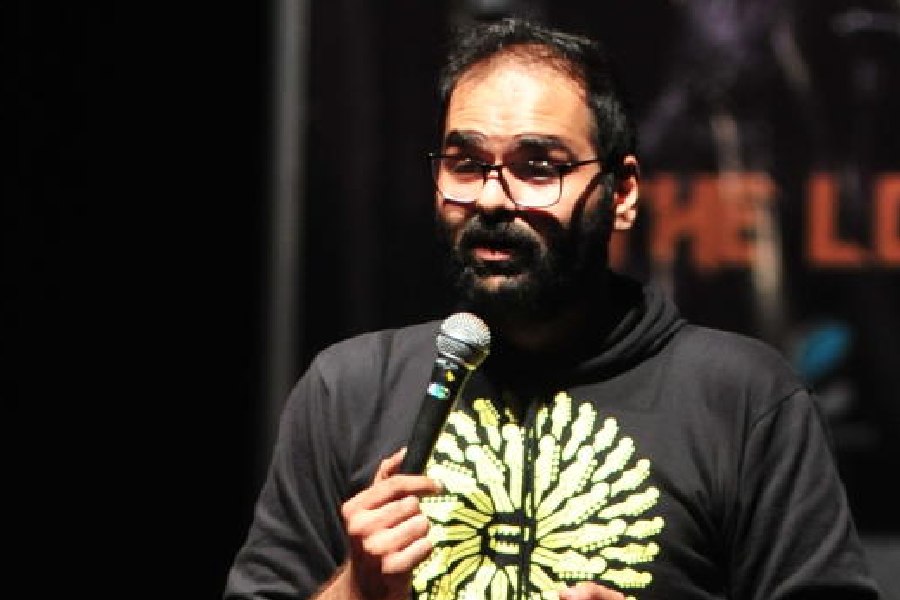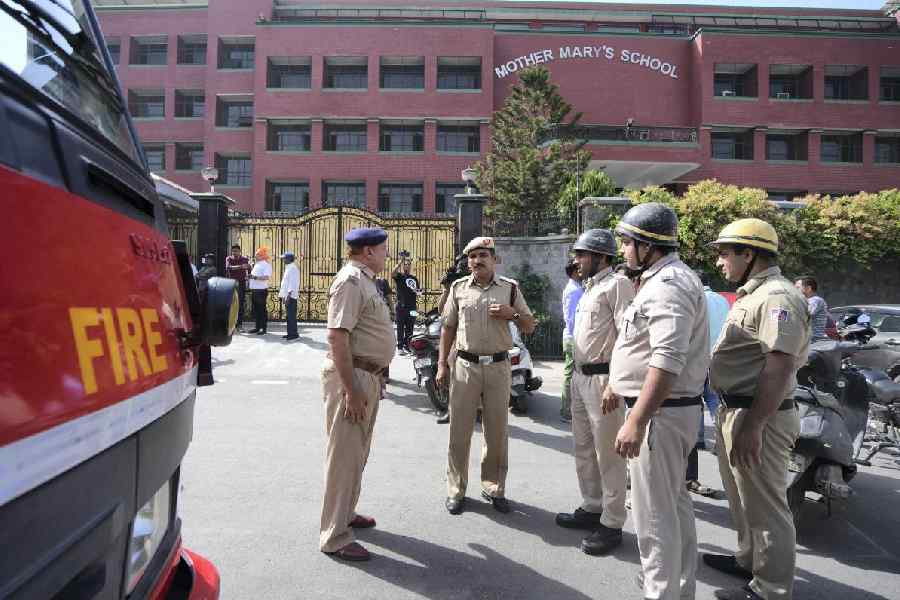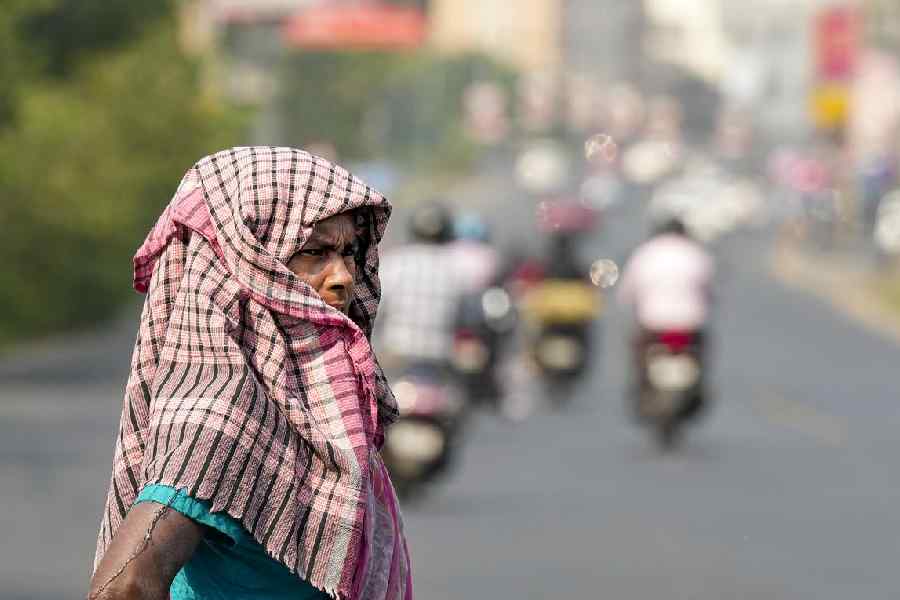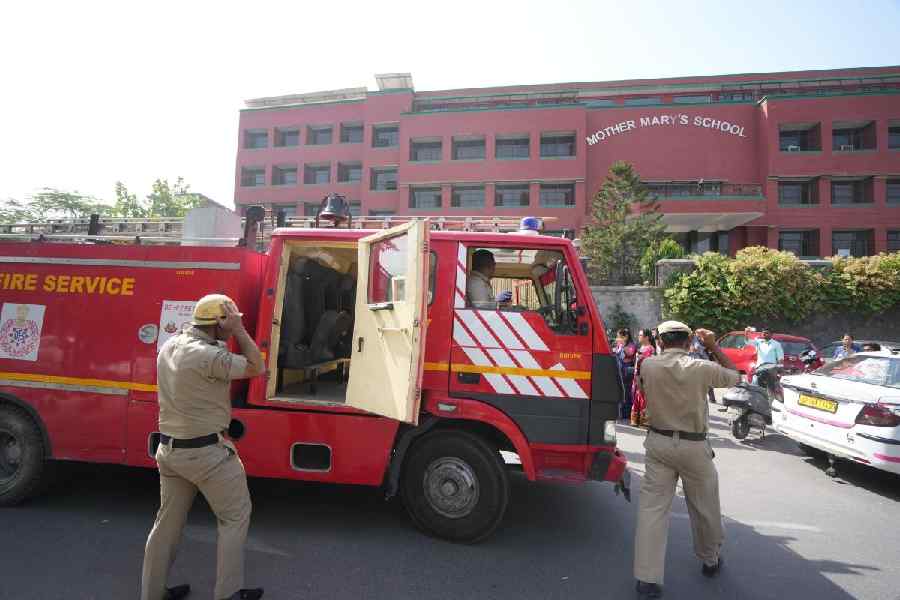The Supreme Court on Thursday cited “free speech” and “constitutional questions” to stay the Centre’s notification creating a fact-checking unit under the Press Information Bureau to curb “fake and false” social media posts.
The Centre said the fact-checking unit (FCU) would not be misused to curb political discourse, but the petitioners argued that the measure would allow the government to control the flow of information ahead of the general election.
The court was hearing three petitions challenging Bombay High Court’s refusal to stay the rules that provide for the fact-checking unit after the Centre said the FCU had not yet been notified.
However, while the appeals against the high court decision — made by a third judge after a two-judge bench was split on the matter — were listed before the apex court for Thursday, the Centre notified the FCU on Wednesday.
“We are of the view that notification dated March 20, 2024, after rejection of application of interim relief, needs to be stayed,” the bench of Chief Justice D.Y. Chandrachud and Justices J.B. Pardiwala and Manoj Misra said.
“The (matter) involves serious constitutional questions and the impact of the rule on free speech and expression would need to be analysed by the high court.”
The bench said the stay would operate until the high court had finally decided the constitutionality of the IT Amendment Rules, 2023, which provides for the FCU.
The FCU is meant to keep a tab on “fake and false” posts so that social media platforms can be asked to take them down, on pain of action including judicial proceedings.
Solicitor-general Tushar Mehta represented the Centre while advocate Shadan Farasat and senior advocates Darius Khambata and Gaurav Bhatia appeared for the three petitioners: the Editors’ Guild of India, stand-up comedian Kunal Kamra and the Association of Indian Magazines, respectively.
Mehta made an unsuccessful attempt to avert the stay saying the FCU was not meant to be misused even if posts were made against the Prime Minister.
But the court refused to concede the plea on the ground that the notification was issued on Wednesday despite the earlier assertions by the Centre before the
high court.
Khambata argued that an FCU created only to safeguard the government’s interests was discriminatory and “will mean that only the government’s version will be allowed” in the run-up to
the elections.
“The FCU would become a tool for the Union of India to control what information goes out to the voters,” Khambata said.
Farasat said the impugned rules and the FCU violated the citizens’ fundamental right to free speech. “This is the worst time to introduce this rule when the public has to determine the truth of the government’s performance for the last five years,” Farasat said.
Bhatia argued that the rules did not become valid or justified merely because the government had given an assurance that the FCU would not be used against political opinions or satire.
The Centre had notified the new rules last April after amending IT laws, but the FCU was not set up till March 20 this year.
After the three petitioners challenged the amendment before Bombay High Court, the division bench of Justices G.S. Patel and Neela Gokhale delivered a split verdict on January 31 this year.
Justice Patel held the rules unconstitutional but Justice Gokhale, even while holding the rules valid, recommended certain safeguards to prevent their misuse by the authorities.










